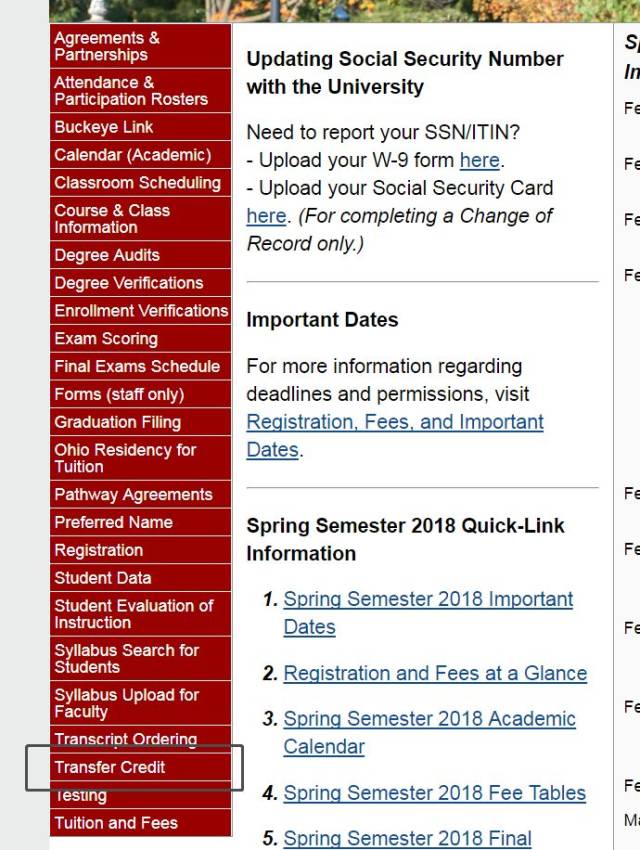Understanding Federal Student Loans Forbearance: A Comprehensive Guide to Managing Your Student Debt**
**Federal Student Loans Forbearance**Federal student loans forbearance is a critical option for borrowers facing financial difficulties. It allows students……
**Federal Student Loans Forbearance**
Federal student loans forbearance is a critical option for borrowers facing financial difficulties. It allows students to temporarily pause their loan payments without accruing additional interest on subsidized loans. This can be a lifeline for those who find themselves struggling to make ends meet, whether due to job loss, medical emergencies, or other unforeseen circumstances.
**What is Forbearance?**
Forbearance is a special arrangement that allows borrowers to stop making payments on their federal student loans for a limited time. During this period, interest may continue to accrue on unsubsidized loans, but subsidized loans will not accumulate interest. It's essential to understand the implications of entering forbearance, as it can affect your overall loan balance and repayment strategy.
**Eligibility for Federal Student Loans Forbearance**
To qualify for federal student loans forbearance, borrowers must demonstrate financial hardship or other qualifying circumstances. Common reasons include:
1. **Economic Hardship:** Loss of employment or significant reduction in income.
2. **Medical Expenses:** High medical bills that impact your ability to pay.
3. **Natural Disasters:** Events that cause damage to your home or disrupt your financial situation.
4. **Other Personal Circumstances:** Situations such as a family crisis or unexpected expenses.

Borrowers can apply for forbearance through their loan servicer, providing any necessary documentation to support their request.
**Types of Forbearance**
There are two primary types of forbearance available for federal student loans:
1. **Mandatory Forbearance:** This is required by law if the borrower meets specific criteria, such as serving in a medical or dental internship or residency, or if the borrower’s monthly student loan payments exceed 20% of their total monthly income.
2. **Discretionary Forbearance:** This type is granted at the discretion of the loan servicer. Borrowers may request discretionary forbearance for various reasons, but approval is not guaranteed.
**How to Apply for Forbearance**
Applying for federal student loans forbearance is a straightforward process. Borrowers should:

1. **Contact Their Loan Servicer:** Reach out to the servicer managing your loans to discuss forbearance options.
2. **Complete the Application:** Fill out the forbearance request form, providing necessary details about your financial situation.
3. **Submit Documentation:** If required, submit any supporting documents that demonstrate your need for forbearance.
4. **Await Approval:** The servicer will review your request and notify you of their decision.
**Impact of Forbearance on Credit Score**
One of the significant advantages of federal student loans forbearance is that it does not negatively affect your credit score. As long as you remain in good standing with your loans prior to entering forbearance, your credit report will not reflect missed payments during this period. However, it’s crucial to keep track of your loan status and understand that interest may still accrue, potentially increasing your overall debt.
**Alternatives to Forbearance**

While forbearance can provide temporary relief, it’s not the only option available. Borrowers may also consider:
1. **Income-Driven Repayment Plans:** These plans adjust monthly payments based on income and family size.
2. **Deferment:** If eligible, borrowers can temporarily postpone payments without accruing interest on subsidized loans.
3. **Loan Consolidation:** Combining multiple loans into one can simplify payments and potentially lower monthly costs.
**Conclusion**
In conclusion, federal student loans forbearance can be a valuable tool for borrowers experiencing financial hardship. By understanding the eligibility requirements, types of forbearance, and the application process, students can make informed decisions about managing their student debt. Always consider alternative options and consult with your loan servicer to find the best solution for your situation.